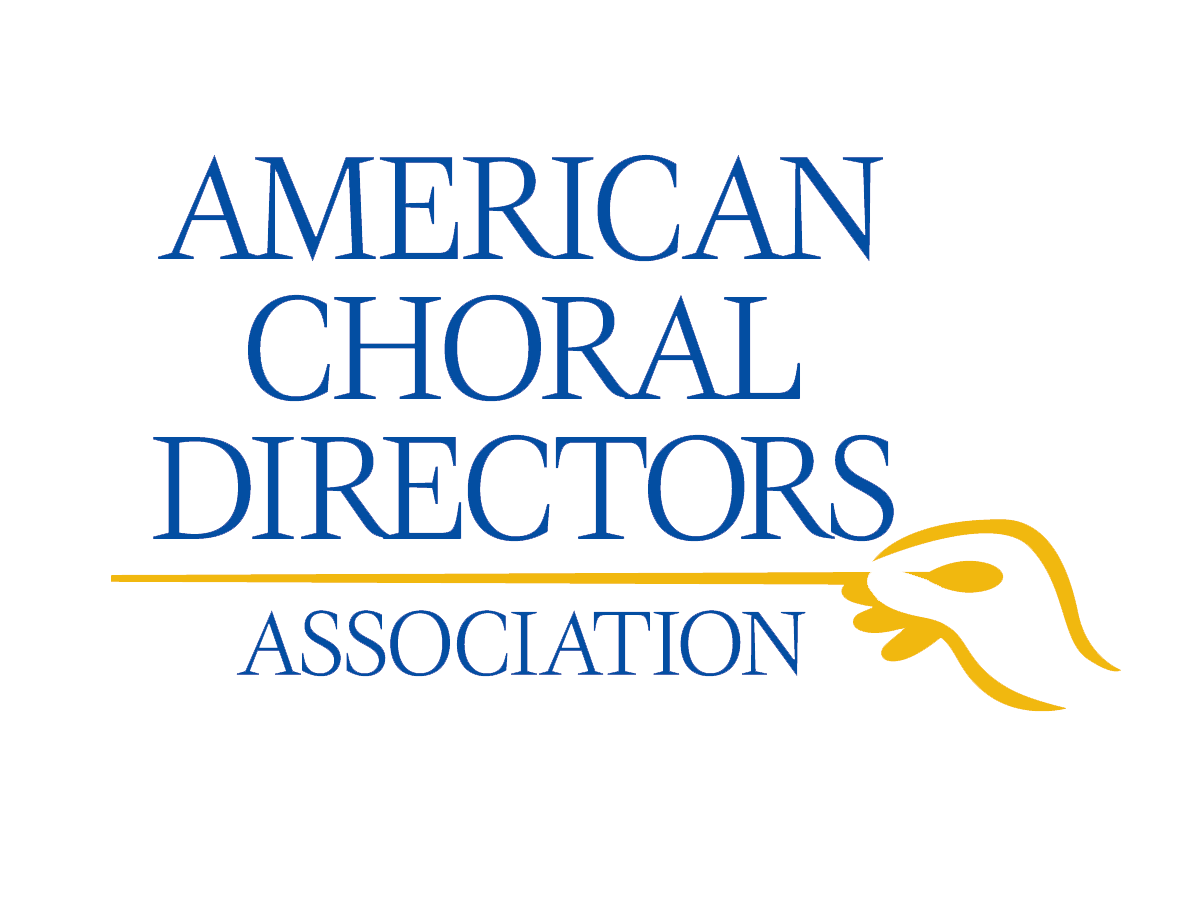American choral singing experienced a century of tremendous growth in participation and excellence all across the country. School and community programs grew dramatically between 1900-2000, and college/university programs created multiple music degrees. A benefit from having choral singers who learned performance excellence was that K-12 through university programs continuously increased in enrollment and participation. As music study increased, those singers with limited or no formal training were often less successful in auditioning into a choir. By mid-century, a need for increased music literacy was identified as an important educational goal; thus, the 1970s brought sight reading and other skills needed for reading a score to rehearsals. Although the first quarter of the 21st century has been a testament to continued successful concerts performed by choirs of musically literate singers, new challenges still exist. In order to strengthen and/or maintain successful choral music programs in school/university and community choirs across the country, some needed changes are now apparent: specifically: changing environments, because our society has quickly and dramatically changed. Thus, while a goal of accepting every possible interested singer into choir is noble, the pressures of maintaining excellence can be extreme when combining highly skilled and novice singers together in the same ensemble. If the contemporary learning environment is vastly different, then perhaps choral musicians need to evolve. Our professional future depends on successful teachers, and one solution for your consideration is to Teach Differently. One possibility is using strategies of Developmental Teaching. When skillfully implemented, Developmental Teaching creates empowered students by keeping them highly engaged, often preventing possible classroom management issues. Of even greater importance, when highly engaged in developmental rehearsal, students can work at different levels to knowledgably contribute to the group success. While more advanced students may know some basic concepts or skills, novice singers may not. Thus, sequencing each skill step allows a novice to learn and an advanced student to reinforce or reach competency; they are all singing with different levels of knowledge. This is developmental teaching. (Bowers, 2020) This session will address the following developmental teaching strategies that
support successful choral rehearsal with singers reflecting diverse vocal development and musical training: Group Voice Testing, Repertoire Hierarchy, Revoicing Treble Music (for Unbalanced Mixed Choirs), and Rules for Expressive Singing. Upon participation in application of each strategy through analysis and singing musical examples, participants will be able to implement these strategies in their own rehearsals



